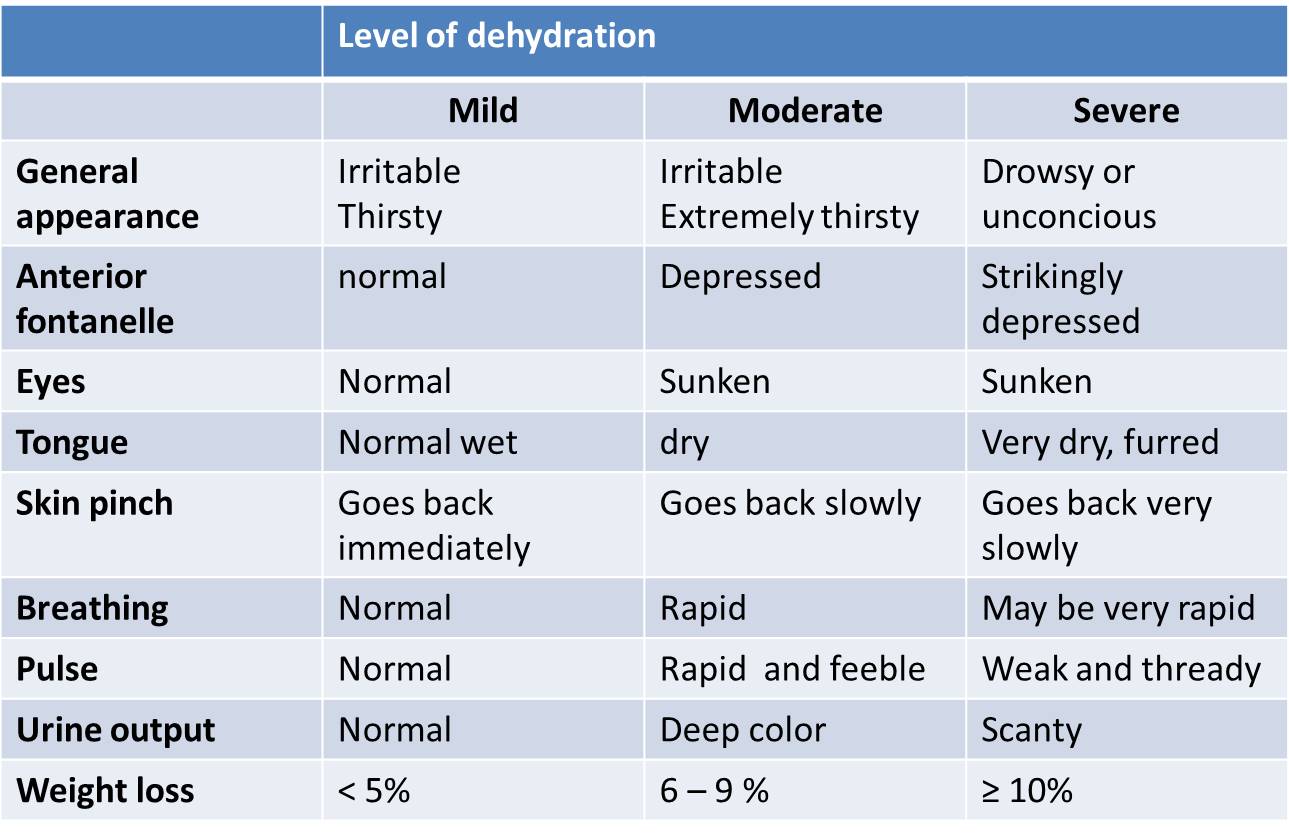A nurse is planning care for an 8-month-old infant who has heart failure. Which of the following actions should the nurse include in the plan of care?
Place the infant in a prone position.
Repeat a digoxin dosage if the infant vomits within 1 hr. of administration.
Administer cool, humidified oxygen via nasal cannula
Provide less frequent, higher volume feedings
The Correct Answer is C
Choice A Reason:
Placing the infant in a prone position might not be suitable for an infant with heart failure. Typically, an upright or semi-upright position can help reduce the workload on the heart by improving respiratory function and aiding in cardiac output.
Choice B Reason:
Repeating a digoxin dosage if the infant vomits within 1 hour of administration isn't recommended without consulting a healthcare provider. If vomiting occurs within this time frame, giving another dose might result in overdosing.
Choice C Reason:
Administering cool, humidified oxygen via nasal cannula can be beneficial for an infant with heart failure, as it helps in providing supplemental oxygen and maintaining adequate oxygenation levels.
Choice D Reason:
Providing less frequent, higher volume feedings might not be appropriate for an infant with heart failure. These infants often require smaller, more frequent feedings to prevent overloading the digestive system and to manage fluid intake.
Nursing Test Bank
Naxlex Comprehensive Predictor Exams
Related Questions
Correct Answer is C
Explanation
A. "Postpone burping the infant until after completing each feeding."Burping should not be postponed. Infants with a cleft palate may have more difficulty with feeding and may need to be burped more frequently to reduce the risk of aspiration and discomfort.
B. "Feed the infant 177.4 ml. (6 oz) of formula three times each day."The amount and frequency of feeding should be individualized based on the infant's needs and growth patterns. Typically, an infant with a cleft palate requires more frequent, smaller feedings, and the total volume needs to be adjusted according to their specific nutritional needs.
C. "Discontinue a feeding if the infant's eyes become watery."Watery eyes during feeding can be a sign of aspiration or feeding difficulties. If this occurs, it is important to stop the feeding and assess the situation, as it may indicate that the infant is not handling the feeding well and could be at risk for aspiration or other complications.
D. "Elevate the infant's head to a 10° angle during feedings."A 10° angle may be too shallow to effectively prevent aspiration. Typically, the head should be elevated to a greater degree, often 30-45°, to help facilitate safer feeding and reduce the risk of aspiration in infants with a cleft palate.
Correct Answer is B
Explanation
Choice A Reason:
Capillary refill of 1 second is within the normal range and might not specifically indicate moderate dehydration.
Choice B Reason:
Weight loss 7% is correct. In cases of moderate dehydration, a significant weight loss, typically around 6-9% of body weight, can occur due to fluid loss. This weight loss reflects the severity of dehydration in the infant.
Choice CReason:
A respiratory rate of 28/min might be slightly elevated but is not a primary indicator of moderate dehydration. Dehydration primarily affects cardiovascular and fluid balance systems rather than respiratory rate.
Choice DReason:
Bradycardia (a slow heart rate) is not typically associated with moderate dehydration. Dehydration often causes an increase in heart rate (tachycardia) as the body attempts to maintain cardiac output.

Whether you are a student looking to ace your exams or a practicing nurse seeking to enhance your expertise , our nursing education contents will empower you with the confidence and competence to make a difference in the lives of patients and become a respected leader in the healthcare field.
Visit Naxlex, invest in your future and unlock endless possibilities with our unparalleled nursing education contents today
Report Wrong Answer on the Current Question
Do you disagree with the answer? If yes, what is your expected answer? Explain.
Kindly be descriptive with the issue you are facing.
